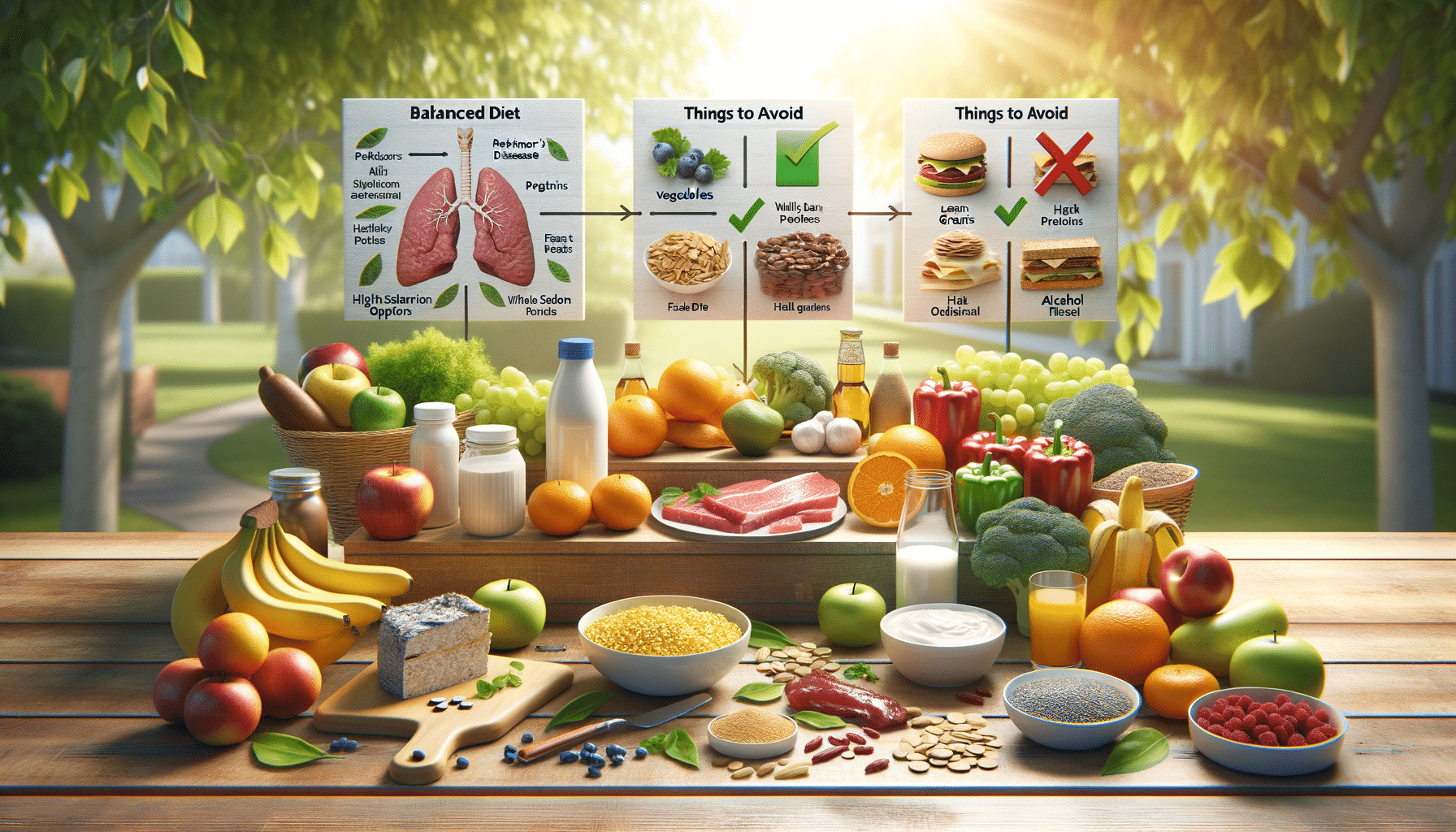
Parkinson’s Disease: What to Eat and What to Avoid
Understanding Parkinson’s Disease and Nutrition
Parkinson’s disease is a progressive neurological disorder characterized by the degeneration of dopamine-producing neurons in the brain. This results in symptoms such as tremors, stiffness, and difficulty with balance and coordination. While there is no cure for Parkinson’s, managing the symptoms is crucial for maintaining quality of life. Nutrition plays a vital role in this management. A well-balanced diet can help alleviate some symptoms and improve overall health.
People with Parkinson’s often face challenges such as constipation, weight changes, and medication side effects, all of which can be influenced by diet. By understanding the nutritional needs specific to Parkinson’s, individuals can make informed choices that may help manage symptoms more effectively. This section delves into the connection between diet and Parkinson’s, setting the stage for exploring specific dietary recommendations.
Foods to Include in a Parkinson’s-Friendly Diet
A diet rich in certain nutrients can support brain health and overall well-being for individuals with Parkinson’s disease. Here are some dietary components to consider:
- Antioxidant-Rich Foods: Foods high in antioxidants, such as berries, nuts, and leafy greens, can help combat oxidative stress, which is thought to play a role in the progression of Parkinson’s.
- Omega-3 Fatty Acids: Found in fish like salmon and flaxseeds, omega-3s are known for their anti-inflammatory properties and may support brain health.
- Fiber-Rich Foods: Whole grains, fruits, and vegetables can aid in digestion and alleviate constipation, a common issue for those with Parkinson’s.
- Hydration: Staying well-hydrated is essential, as dehydration can exacerbate symptoms.
Incorporating these foods into daily meals can provide essential nutrients that support the body’s functions and potentially mitigate some of the challenges associated with Parkinson’s disease.
Foods to Avoid or Limit
Just as certain foods can be beneficial, others may need to be limited or avoided to manage Parkinson’s symptoms effectively. Here are some considerations:
- High-Protein Foods: While protein is important, consuming it in large amounts can interfere with the absorption of certain Parkinson’s medications. It’s advisable to time protein intake around medication schedules.
- Processed Foods: Foods high in sugar, salt, and unhealthy fats can contribute to inflammation and may worsen symptoms.
- Caffeine and Alcohol: These can affect medication efficacy and exacerbate symptoms like tremors in some individuals.
By being mindful of these dietary factors, individuals with Parkinson’s can better manage their symptoms and maintain a balanced diet that supports their overall health.
The Role of Supplements
In addition to a balanced diet, some individuals with Parkinson’s may benefit from dietary supplements. However, it’s important to approach supplementation with caution and under medical guidance. Here are some supplements that are often discussed in the context of Parkinson’s:
- Vitamin D: Essential for bone health and may play a role in brain health. Many people with Parkinson’s are found to have low levels of vitamin D.
- Coenzyme Q10: An antioxidant that may support cellular energy production, though evidence of its efficacy in Parkinson’s is mixed.
- Probiotics: May aid in digestive health, which can be particularly beneficial given the gastrointestinal issues associated with Parkinson’s.
It’s crucial for individuals to consult healthcare providers before starting any supplements, as interactions with medications need to be carefully managed.
Conclusion: Navigating Nutrition with Parkinson’s
Managing Parkinson’s disease requires a comprehensive approach, and nutrition is a key component. By focusing on a diet rich in antioxidants, omega-3 fatty acids, and fiber, while being mindful of foods that could interfere with medication or exacerbate symptoms, individuals can take proactive steps toward improving their quality of life. While dietary changes alone cannot cure Parkinson’s, they can play a significant role in symptom management and overall well-being.
As research continues to evolve, staying informed and working closely with healthcare professionals can help individuals make the best dietary choices for their unique needs. By embracing a balanced and thoughtful approach to nutrition, those with Parkinson’s can empower themselves in their journey toward better health.


